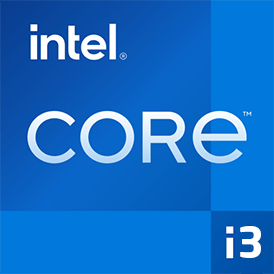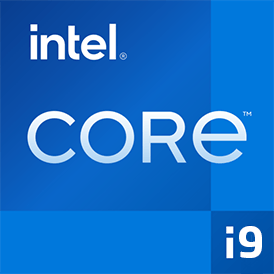
Qualcomm Snapdragon 8 Gen 1 in Performance for Artificial Intelligence (AI) and Machine Learning (ML)
Here we show you how fast the Qualcomm Snapdragon 8 Gen 1 is in the Performance for Artificial Intelligence (AI) and Machine Learning (ML). Based on the result, you can assess whether this processor is suitable for you. In addition to the clock frequency, the number of CPU cores is also crucial. Please note that these benchmark values can only be achieved if the Qualcomm Snapdragon 8 Gen 1 is sufficiently cooled, as current processors usually achieve their maximum performance in benchmarks and in practice in turbo mode.
CPU lineage |
|
| Name: | Qualcomm Snapdragon 8 Gen 1 |
| Family: | Qualcomm Snapdragon (102) |
| CPU group: | Qualcomm Snapdragon 7/8 Gen 1 (3) |
| Segment: | Mobile |
| Generation: | 1 |
| Predecessor: | Qualcomm Snapdragon 888 |
| Successor: | Qualcomm Snapdragon 8 Gen 2 |
Performance for Artificial Intelligence (AI) and Machine Learning (ML) - Benchmark results

|
Qualcomm Snapdragon 888+
8C 8T @ 3.00 GHz |
||

|
Apple M2 Ultra (60-GPU)
24C 24T @ 0.66 GHz |
||

|
Apple M2 Ultra (76-GPU)
24C 24T @ 0.66 GHz |
||

|
Qualcomm Snapdragon 8 Gen 1
8C 8T @ 3.00 GHz |
||

|
Qualcomm Snapdragon 8 Gen 2 for Galaxy
8C 8T @ 3.36 GHz |
||

|
Qualcomm Snapdragon 8 Gen 2
8C 8T @ 3.36 GHz |
||

|
Qualcomm Snapdragon 888
8C 8T @ 2.84 GHz |
||
More benchmark results for the Qualcomm Snapdragon 8 Gen 1
Beside of technical cpu data, cpu-monkey is able to show the real cpu speed to you. We're using a bunch of favorite benchmarking software to realize that:
Geekbench 5 (SC)
2,488 entries
2,488 entries

Geekbench 5 (MC)
2,461 entries
2,461 entries

Geekbench 6 (SC)
1,755 entries
1,755 entries

Geekbench 6 (MC)
1,703 entries
1,703 entries

FP32 SP (iGPU)
2,042 entries
2,042 entries

AnTuTu 9 Benchmark
90 entries
90 entries

PassMark CPU-Mark
2,392 entries
2,392 entries

AI / ML Performance
119 entries
119 entries
CPU groups
We have clearly divided all processors available in our benchmark database into groups for you. For example, all Intel Core i7 processors can be compared at a glance. In addition, all CPUs of a generation are divided into subgroups.
AMD Athlon
29 entries
29 entries

AMD Ryzen 3
33 entries
33 entries

AMD Ryzen 5
84 entries
84 entries

AMD Ryzen 7
67 entries
67 entries

AMD Ryzen 9
35 entries
35 entries

AMD Ryzen Threadripper
13 entries
13 entries

Apple A series
22 entries
22 entries

Apple M series
23 entries
23 entries

Intel Celeron
165 entries
165 entries

Intel Core i3
205 entries
205 entries

Intel Core i5
331 entries
331 entries

Intel Core i7
298 entries
298 entries

Intel Core i9
78 entries
78 entries

Intel Pentium
150 entries
150 entries

More CPU groups
show more results
show more results
back to index



